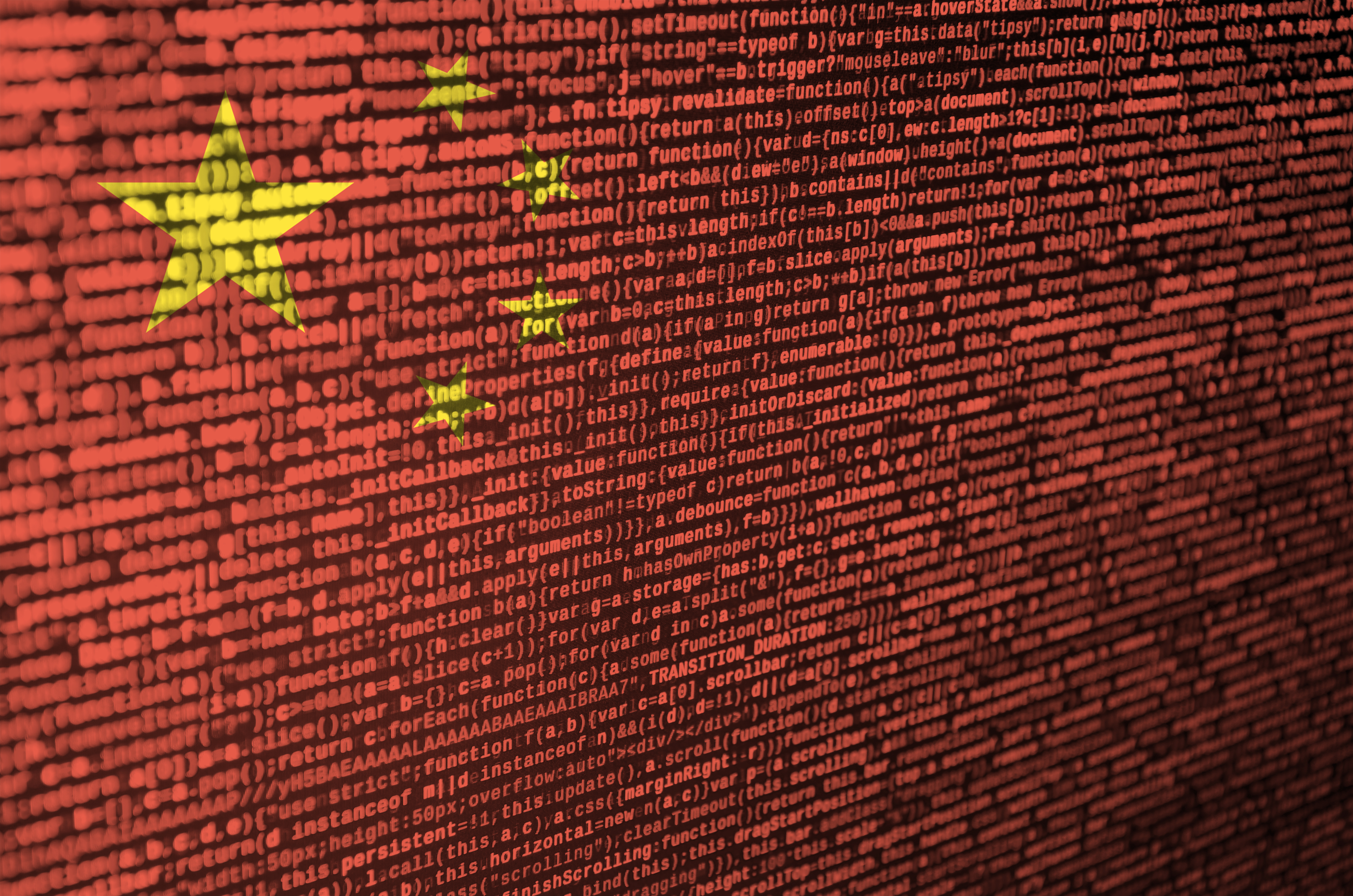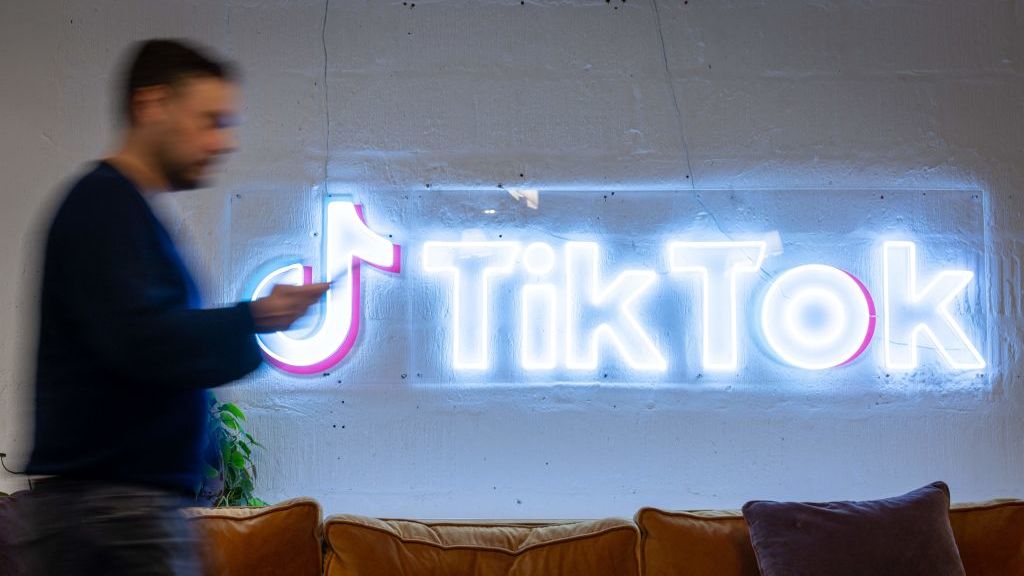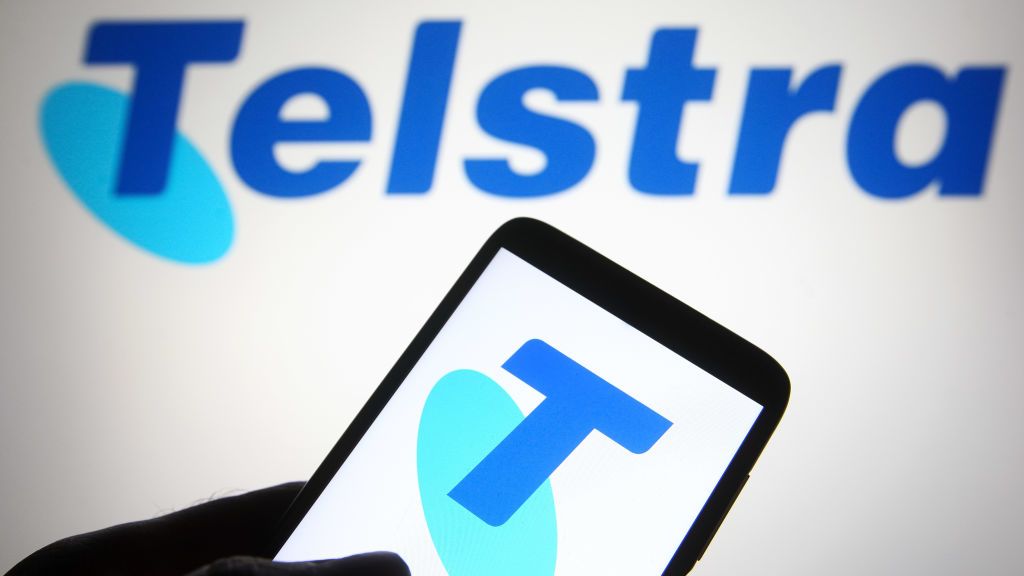China cracks down on citizens' anti-censorship tools with Great Firewall upgrades
This new discovery comes a week before a predicted major reshuffle of leadership in the Chinese Communist Party


China has reportedly upgraded its 'Great Firewall' to instigate a crackdown on Transport Layer Security (TLS) encryption-based tools that are used by citizens to evade the censorship system.
The Great Firewall of China (GFW) is a term which refers to the combination of tools, rules, and services imposed by China’s government which results in specific internet content being blocked in the country.
RELATED RESOURCE

CIO Priorities: 2020 vs 2023
Zero Trust, SaaS Security, and its impact on SD-WAN being a priority
Great Firewall Report, an organisation that monitors China’s censorship methods, has found that more than 100 users have reported at least one of their TLS-based censorship circumvention servers had been blocked.
Users had begun to make these reports from 3 October onwards, declaring that the TLS-based circumvention protocols that are reportedly blocked include trojan, Xray, V2Ray TLS+Websocket, VLESS, and gRPC.
“The blocking is done by blocking the specific port that the circumvention services listen on. When the user changes the blocked port to a non-blocked port and keeps using the circumvention tools, the entire IP addresses may get blocked,” reported the organisation.
None of the domain names are added to GFW’s DNS or SNI blacklists. The report added that in a few cases, the blocking seems to be dynamic since the web browser could still access their circumvention ports but not the circumvention tools did not work.
The organisation suspects that the blocking could be related to the TLS fingerprints of the circumvention tools. It said it would investigate if the GFW uses the TLS fingerprints sent by these clients to identify circumvention protocols.
Get the ITPro daily newsletter
Sign up today and you will receive a free copy of our Future Focus 2025 report - the leading guidance on AI, cybersecurity and other IT challenges as per 700+ senior executives
TLS fingerprints are a relatively new but popular tool used by security researchers to identify and differentiate which clients are interacting with server infrastructure. Tools look at the ways in which different clients and servers handle TLS negotiations, allowing to differentiate between them.
China could potentially be upgrading its Great Firewall as the 20th National Congress of the Chinese Communist Party takes place next week on Sunday 16 October.
This is where the nation’s leaders are set to discuss the country’s strategy for the next five years. The congress, which takes place twice each decade, will be critical for China to deliver the second of president Xi Jinping’s “Two Centenaries” goals and boost the nation to the forefront of global powers by 2049, according to the state-backed People’s Daily.
The first of these goals was to build a moderately prosperous society by 2021 and the second was to be delivered by 2049. Xi's long-term vision is to 'build a modern socialist country that is prosperous, strong, democratic, culturally advanced and harmonious'.
China is known for having blocked many online services that operate in the West and are used to communicate and broadcast information that may damage the reputation of the Chinese government.
Examples include impartial news organisations such as the BBC and CNN, plus most major social media platforms like Facebook, Twitter, Instagram, WhatsApp, and Reddit.
The entire Google suite is also blocked, prohibiting the use of tools such as Gmail, Google Drive, and Maps. Other communication platforms such as YouTube and even Slack are also prohibited in the region.
After exiting the region years before, Google came under fire in 2018 after it was revealed the company was working on a secret project - a search engine built exclusively for operation in China that would allow the government to censor search results.
Codenamed 'Project Dragonfly', the secret product was ultimately scrapped in 2019 following a revolt by Google employees. The search engine would reportedly allow for censorship on topics such as human rights, democracy, and peaceful protests.
Zach Marzouk is a former ITPro, CloudPro, and ChannelPro staff writer, covering topics like security, privacy, worker rights, and startups, primarily in the Asia Pacific and the US regions. Zach joined ITPro in 2017 where he was introduced to the world of B2B technology as a junior staff writer, before he returned to Argentina in 2018, working in communications and as a copywriter. In 2021, he made his way back to ITPro as a staff writer during the pandemic, before joining the world of freelance in 2022.
-
 Bigger salaries, more burnout: Is the CISO role in crisis?
Bigger salaries, more burnout: Is the CISO role in crisis?In-depth CISOs are more stressed than ever before – but why is this and what can be done?
By Kate O'Flaherty Published
-
 Cheap cyber crime kits can be bought on the dark web for less than $25
Cheap cyber crime kits can be bought on the dark web for less than $25News Research from NordVPN shows phishing kits are now widely available on the dark web and via messaging apps like Telegram, and are often selling for less than $25.
By Emma Woollacott Published
-
 Latitude Financial's data policies questioned after more than 14 million records stolen
Latitude Financial's data policies questioned after more than 14 million records stolenNews Some of the data is from at least 2005 and includes customers’ name, address, and date of birth
By Zach Marzouk Published
-
 Latitude hack now under state investigation as customers struggle to protect their accounts
Latitude hack now under state investigation as customers struggle to protect their accountsNews The cyber attack has affected around 330,000 customers, although the company has said this is likely to increase
By Zach Marzouk Published
-
 IDCARE: Meet the cyber security charity shaping Australia and New Zealand's data breach response
IDCARE: Meet the cyber security charity shaping Australia and New Zealand's data breach responseCase Studies IDCARE is recruiting a reserve army to turbocharge the fightback against cyber crime not just in the region, but in the interests of victims all over the world
By Zach Marzouk Published
-
 Australia commits to establishing second national cyber security agency
Australia commits to establishing second national cyber security agencyNews The country is still aiming to be the most cyber-secure country in the world by 2030
By Zach Marzouk Published
-
 Medibank bleeds $26 million in cyber costs following hack
Medibank bleeds $26 million in cyber costs following hackNews The company believes this figure could rise to $45 million for the 2023 financial year
By Zach Marzouk Published
-
 TikTok's two new European data centres to address data protection concerns
TikTok's two new European data centres to address data protection concernsNews The company is under pressure to prove its user data isn’t being accessed by the Chinese state
By Zach Marzouk Published
-
 Cyber attack on Australia’s TPG Telecom affects 15,000 customers
Cyber attack on Australia’s TPG Telecom affects 15,000 customersNews It is the third cyber attack on a major Australian telco since October
By Zach Marzouk Published
-
 Telstra blames IT blunder for leak of 130,000 customer records
Telstra blames IT blunder for leak of 130,000 customer recordsNews Australia’s biggest telco said that the error was due to a mismanagement of databases and not a cyber attack
By Zach Marzouk Published